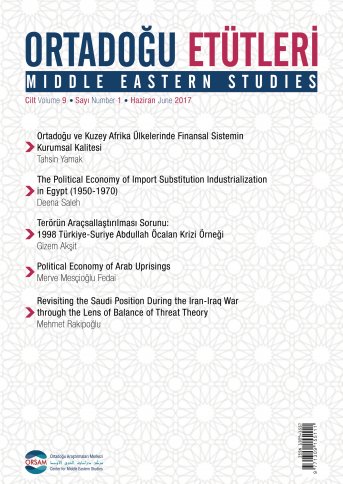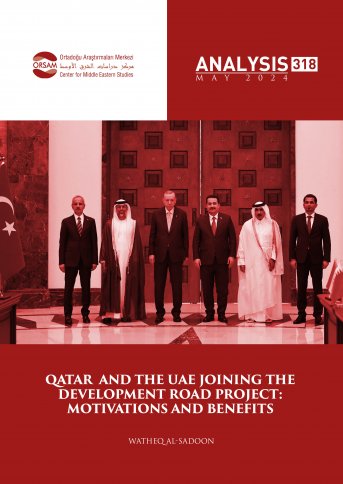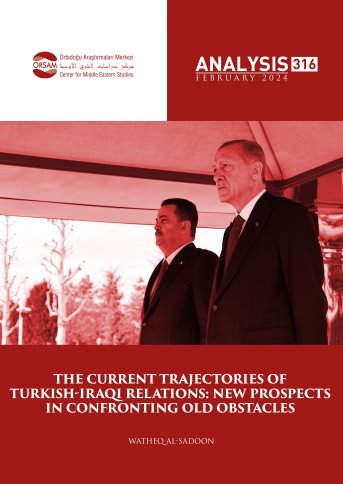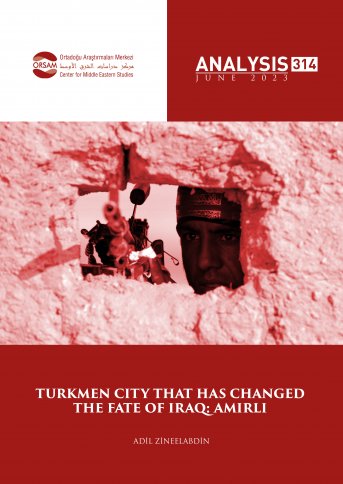
Revisiting the Saudi Position During the Iran-Iraq War through the Lens of Balance of Threat Theory
The Iran-Iraq war was a high intensity conflict between two major powers of the Gulf region that lasted almost nine years, when both countries experienced significant losses including manpower, national economic indicators and intrinsic prestige. Earlier debates on the Iran-Iraq war expressed it as an indicator of longer- term fluctuations in the geopolitics of the Gulf region. In fact, this study presents the position of Saudi Arabia during Iraq-Iran war in the light of Stephen Walt’s Balance of Threat theory. This study is followed by the argument that Kingdom of Saudi Arabia (KSA) successfully balanced its perceived threat from Iran during The Iran-Iraq war in the 1980s through supporting Iraq. Saudi tendency for supporting Iraq sought its concerns behind hostile revolutionary (1979) regime in Iran. Therefore, Iraq was realized as a credible defense shield for other Gulf States for posing a momentous dent to Iranian military power in the ongoing war. So, the authors have harnessed the concept of Balance of Threat theory for estimating the pro-Iraqi stand of Saudi Arabia for its desire to balance the threat coming from Iran.




